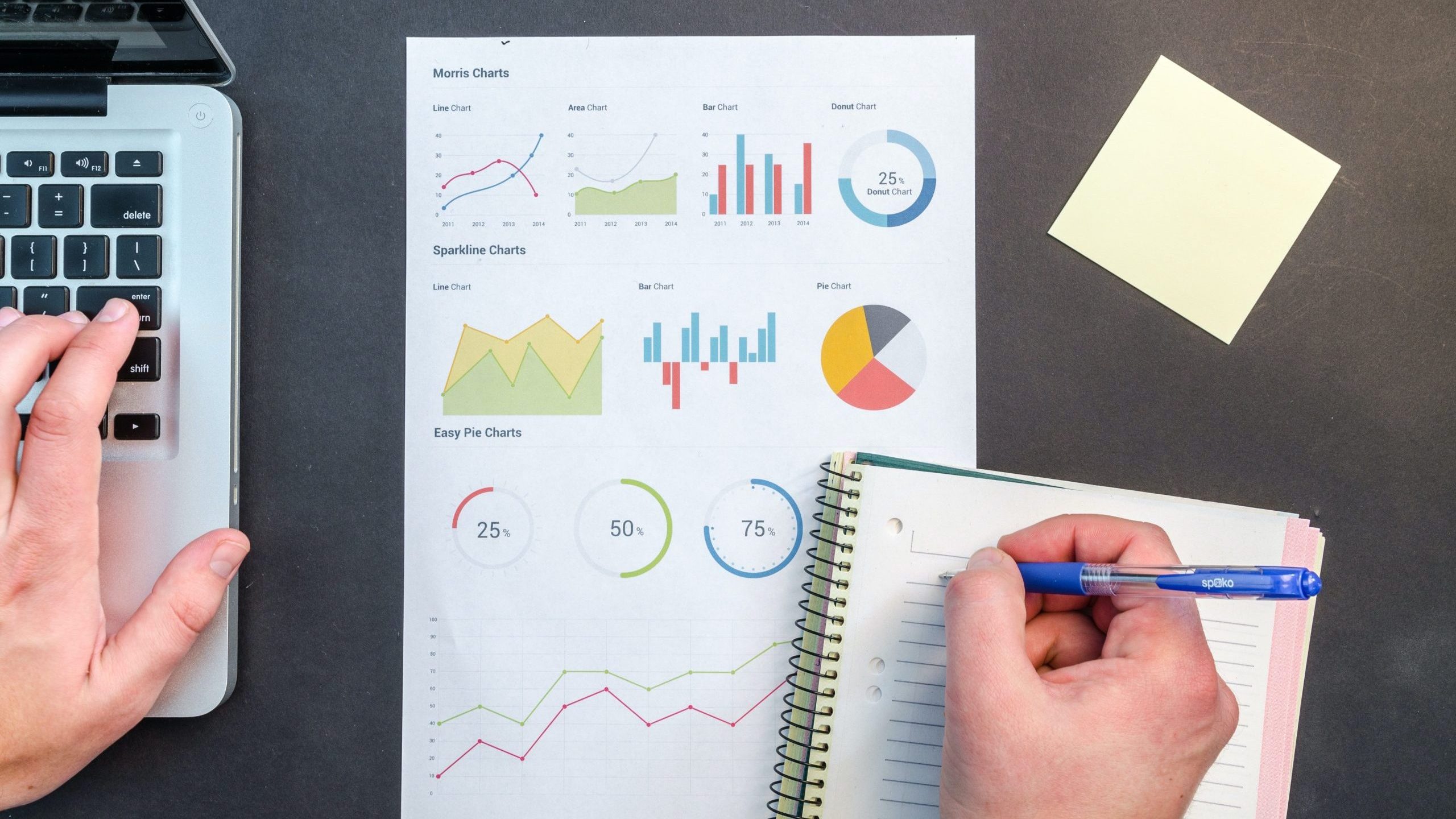In the current data-driven landscape, business leaders across government need to be involved in using data. They need at least a working knowledge of the tools of data science and the ways data scientists generate their insights.
“Data science is a team sport,” said Trey Bradley, Strategic Data Initiatives Program Director in GSA’s Office of Shared Solutions & Performance Improvement. Government business leaders have “a strong role of to play in many places in data, especially when you are talking about subject matter expertise and practical application.”
At a recent GovLoop event co-sponsored by Red Hat, Bradley and Red Hat Chief Architect Jason Dudash talked about how government can work toward making the processes and products of data science available to everyone.
Bradley helped to develop the federal data strategy and related ethics framework. He pointed to some practical outcomes that government agencies are seeing thanks to a federal emphasis on data. Analysts noticed, for example, that automated invoicing could substantially lower costs to government. This in turn has driven process changes that are saving taxpayers money.
To see those kinds of benefits ripple across government agencies and functions, the speakers agreed, agencies need to engage a wide range of individuals in the workings of data science.
There are of course the experts: the data engineers, developers, architects. These folks work together to combine “math and statistics, specialized programming, advanced analytics, artificial intelligence, and machine learning with specific subject matter expertise to uncover actionable insights,” Dudash said.
Many will turn to open-source AI and ML tools in support of faster and more effective data-analysis efforts.
Much of this is specialized work, and yet more rank-and-file employees also need to be part of the effort, if data is going to impact government outcomes. To make the most of data, agencies need to be “pulling in all the domain experts, so they can formulate those project goals and set the direction,” Dudash said.
Not everyone needs to be a data expert, he said, but people need to understand the basics of what data science can do. It can, for instance, detect patterns and trends, and make predictions based on past trends. It can help business-line leads to form and validate hypotheses, and to gain insights that drive better decision-making.
With the tools of data science, “you can graph those insights and you can share those insights with people, and if you have all that information, you can make better decisions,” Dudash said.
To that end, Bradley said, there needs to be a push for greater data literacy across government agencies. By breaking down silos and putting in place collaborative processes, agencies will be able to make best use of the data they already have on hand.
From the data scientist’s perspective, “business people can help us understand what we need to focus on … and how best to interpret the analysis we get back,” Bradley said. “They can help us understand what kind of story the data is trying to tell us.”
This online training brought to you by:





Leave a Reply
You must be logged in to post a comment.